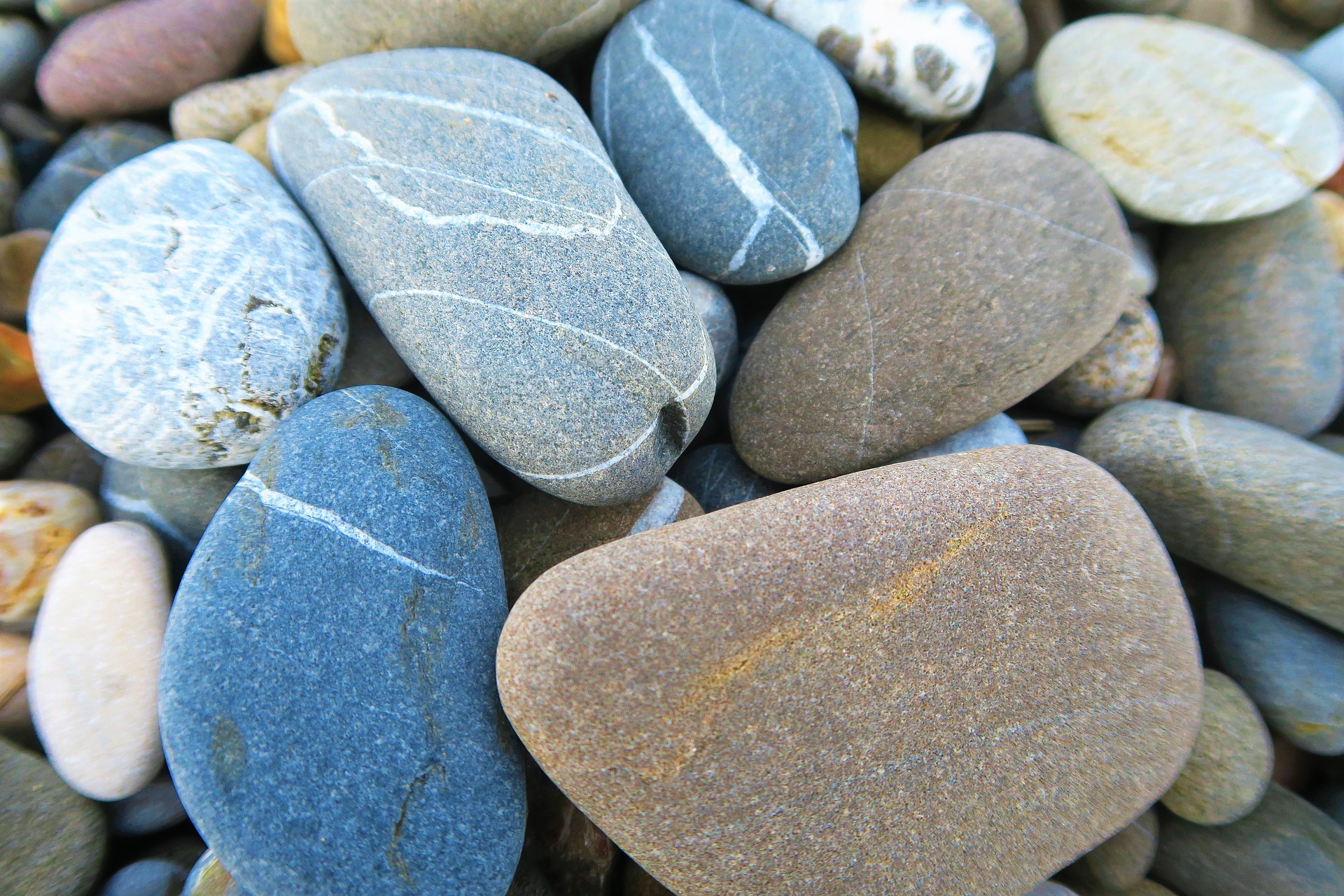
As a child, one of my favorite activities on family vacation was to go shopping for souvenirs. Passing through the hallways of tourist destinations, or hoofing it down the sidewalks of carnivals and even the World’s Fair in Knoxville, I kept my eye out for those kiosks and gift shops of touristy tchotchkes (yes, those things that I whined about in the previous post). If it was shiny, colorful, or looked like it might entertain me for at least ten minutes, I’d burst out, “Mom, dad, can we buy this?” Months later I might find that desired-and-now-forgotten object while searching under my bed for a missing shoe, and think nothing of it when it finally went into the trash. To me, a souvenir was the reward I received for enduring otherwise over-my-head and uninteresting tours.
Years later, I realized what a souvenir was all about. While learning French, I discovered that souvenir means, simply, to remember. In French, it has nothing to do with shiny objects or tourist gift shops. So, these objects we pick up and take with us are supposed to remind us of the places we’ve been. But how often, do we find them years later, forgotten in a back closet and either toss them, try to make a nickel off of them in a yard sale, or leave them for our children to clean out after we’re gone? Furthermore, my experience is that the most vivid memories of places I’ve visited come at odd moments, prompted by something I eat or drink — a feeling of déjà vu, an unguarded moment. We’ve convinced ourselves that we can buy memory, but that’s not how memory works.
So let us consider the weight of memory. In material terms, they weigh nothing at all. In my later years I now pass the tourist kiosks and gift shops without that pounding need to buy something that I felt in my younger years. If I collect anything, it might be a snapshot on my phone, but at best it’s a ‘thickened’ experience. I’d rather have the memory of how the place smelled or sounded or made me feel. I remember our sojourn in the highlands of Scotland where I discovered the wonder of sipping a wee dram of Scotch. Years after that, sipping a glass of peaty Highland whisky in my own living room, I felt as if I was back in the north of Scotland with the cool mists, lichen-covered rocks, and sheep grazing on the hillside. There is no way a refrigerator magnet could have triggered that memory!
At the same time, memory can weigh us down. The memory of how we wronged someone. The memory of how we failed to trust God. The memory of a broken relationship, a lost job, a lost loved one. Trying to hold these memories in the balance, if we’re not careful they can weigh upon our lives much more than shiny baubles.
The theme of Lent is traveling lightly, taking what we need and letting go of the things that entangle and slow us down. This is a time to consider the “souvenirs” we carry with us that liven us, remind us of the joy of living and experience. And, this is a time to consider the memories that need to be swept out of the closets of our hearts and minds because they have become clutter and distractions. Beyond the weight of the material things that distract and detract from life, what are the fears and failures that slow your progress? And what lives in your heart and mind that lifts your spirits and helps you breeze on your way? Prayerfully lift those things up to God, whether as an act of spiritual house-cleaning, or in grateful thanks.
Buen Camino!
Rev. Dr. David Chisham
© 2021 All rights reserved.